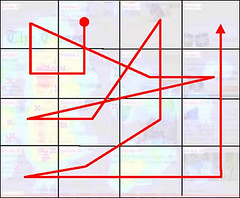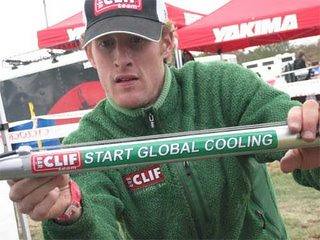I should be reading, not blogging
So not only will our kids never know the joys of travel toothpaste, they'll never know the joys of playground tag either. I'm nearly speechless after reading this. Only two thoughts come to mind: A) are you kidding me? B) seriously, are you f%&king kidding me!
The principal of this school that's banned playground tag, supports it by describing the game of tag as "a time when accidents can happen". Shall we then limit our kids to activities with no risk of accidents? I argue that that activity does not exist, so I'll go with no we should not do that.
Have our teachers lost sight of why the kids are there? To learn. To be exposed to new things, and to learn coping skills. Whether in the schoolyard or not, our kids will encounter accidents. If we truly believe that they can't handle tag-related accidents, how can we expect them to handle automobile accidents? Having minor accidents happen in a controlled environment is healthy for children, and will prevent them from more serious accidents in the future.
This anti-tag school is following the lead of another nearby school that recently banned dodgeball which it described as "dangerous" and "exclusionary". Sometimes exclusion happens at school, but not just at school. It happens in the world. Do you know what's even more exclusionary than having to deal with 30 minutes of a game you're not great at? Having to deal with an entire lifetime without developed social skills.
I think this type of prohibition does such a disservice to the young generation. They're being robbed of the opportunity to explore the world with the help & supervision of a teacher, and the luxury of that safety net isn't there very long.
Thanks to Calvin for this one... back to work!


